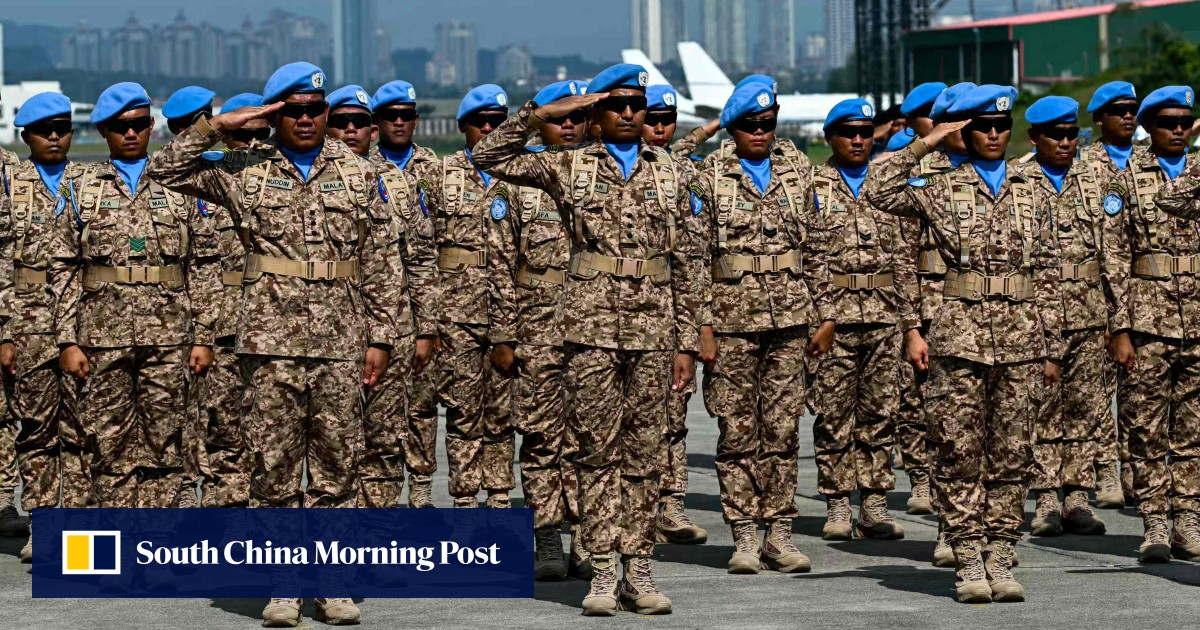With the review of the implementation of a landmark global manifesto on women’s rights ahead of its 30th anniversary next year, a key message has become very clear: Asia-Pacific countries need to take faster, bolder action if they are to realise its vision of “equality, development and peace for all women everywhere in the interest of all humanity”.
Since the adoption of the Beijing Declaration and Platform for Action in 1995, the Asia-Pacific has made significant strides in key areas such as reducing poverty, improving maternal health outcomes and expanding access to education for women and girls.
But progress has been uneven and often fragile. Demographic shifts in the region have been considerable, but also variable depending on the subregion; and as Asia is the most disaster-prone region of the world, advancement and challenges need to be regarded through the lens of resilience.
When the region’s ministers gather for the Asia-Pacific Ministerial Conference on the Beijing+30 Review in Bangkok on November 19-21, we at the United Nations hope they will share our view that true equality remains elusive and now is the time to work together towards genuine transformation.
This requires urgent action to remove all barriers to women’s full participation and equal opportunity in political, economic and public life, and an intergenerational approach to supporting young voices and the voices of women from all communities.

03:00
Afghan girls turn to online classes amid higher education ban as schools start new academic year
Afghan girls turn to online classes amid higher education ban as schools start new academic year
Women’s economic empowerment is key to unlocking the full potential of the region’s economies. Yet, women’s labour force participation lags nearly 30 percentage points behind men’s. Among those in work, 62 per cent work in informal jobs – such as street vending and domestic help – where they face high risks of exploitation, low social protection and limited access to benefits. Furthermore, a substantial pay gap remains, with women earning just 44 cents for every dollar earned by men.

 By South China Morning Post | Created at 2024-11-14 21:57:16 | Updated at 2024-11-15 01:58:18
4 hours ago
By South China Morning Post | Created at 2024-11-14 21:57:16 | Updated at 2024-11-15 01:58:18
4 hours ago








